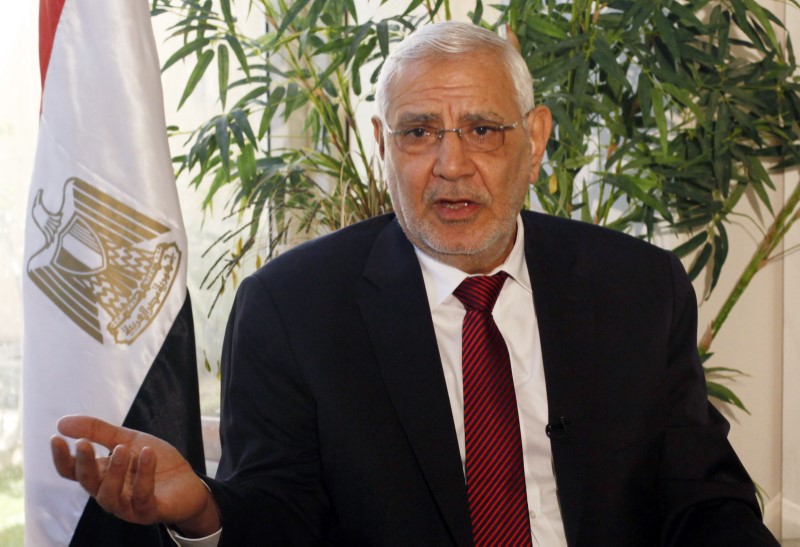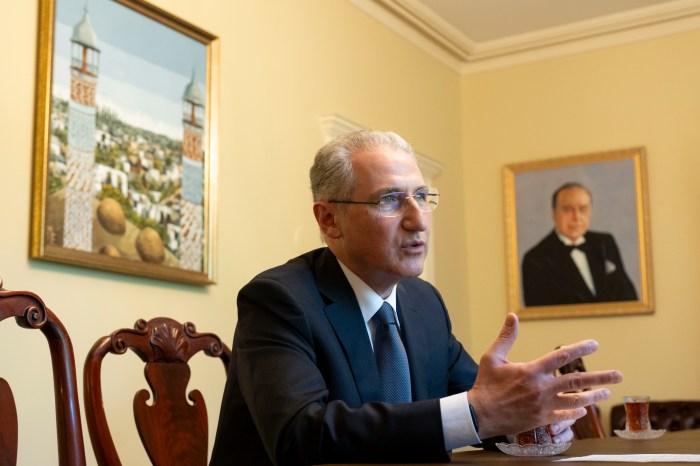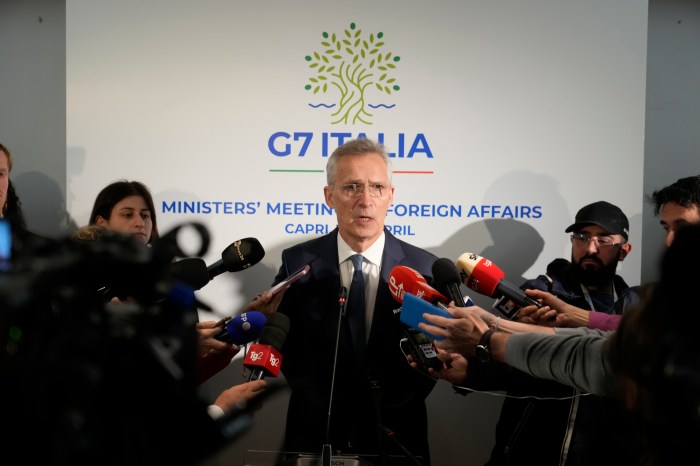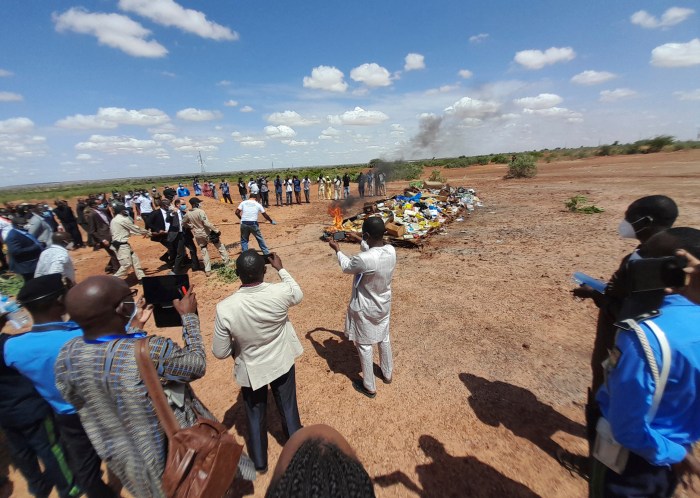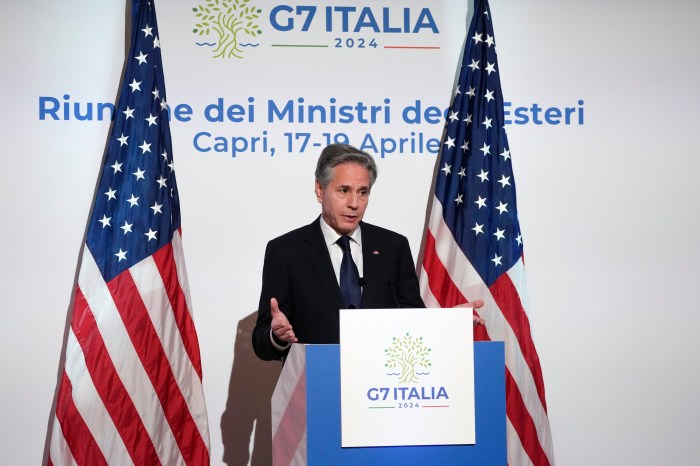By Amina Ismail
CAIRO (Reuters) – Egyptian security forces detained a former Islamist presidential candidate on Wednesday for alleged contacts with the banned Muslim Brotherhood, the state news agency MENA said, the latest opposition figure to be rounded up ahead of March elections.
MENA said state security prosecutors ordered the arrest of Abdel Moneim Abol Fotouh and several leaders of his Strong Egypt party a day after he returned from London where he had given interviews highly critical of President Abdel Fattah al-Sisi.
The party members were later released, one of them said. But Abol Fotouh remained in detention and was referred to the public prosecutor for investigation on Thursday, judicial sources said.
Sisi is almost guaranteed to clinch a second term in the presidential election slated for March 26-28. He was elected in 2014, a year after Islamist President Mohamed Mursi was ousted by the military following mass protests against his rule.
The upcoming election has been panned by rights groups after a number of potential competitors called off their campaigns, citing intimidation, and a top challenger was arrested. The only supposed challenger still on the ballot previously backed Sisi.
Earlier this week authorities arrested Hisham Genena, a former anti-graft chief who had helped run the election campaign of former military chief-of-staff Sami Anan, himself arrested last month and accused of running for office without military permission.
During his first visit to Cairo this week, U.S. Secretary of State Rex Tillerson called for free and fair elections but did not comment on the concerns raised by rights groups.
Egypt’s electoral commission has pledged to conduct the vote “according to principles of independence, transparency and objectivity”.
Abol Fotouh, who was a leading presidential contender in the first election after the 2011 uprising that toppled autocrat Hosni Mubarak, was among the first of several high-profile Egyptians to call last month for a boycott of the coming vote.
Strong Party member Abdelrahman Haridy told Reuters that security forces dressed in civilian clothing arrived at Abol Fotouh’s suburban Cairo home shortly after a meeting of party leadership began to arrest him.
Abol Fotouh quit the Muslim Brotherhood in 2011 to mount an independent bid for the presidency in 2012, and has distanced himself from the Islamist movement since then.
Egypt banned the Brotherhood in 2013 after Mursi’s overthrow and has labeled it a terrorist organization. The Brotherhood maintains that it seeks political change only by peaceful means.
INTERVIEW
Abol Fotouh was detained days after an interview with Al Jazeera Mubasher, a Qatar-based channel banned in Egypt, in which he blasted what he called the menacing atmosphere of the election campaign.
He also accused Sisi of pulling the army into politics, failing to curb deadly attacks by Islamist militants and mismanaging the economy.
“Any attempt from any president, whether Abdel Fattah al-Sisi or those before or after him, to push the army to be an actor in the political process, I consider this a crime. We will not accept this as Egyptians,” he told Al Jazeera.
He was referring to a stern warning from Sisi to opponents last month that anyone looking to challenge his rule would have to do away with him and the army first.
Abol Fotouh’s party deputy, Mohamed al-Qassas, was also detained last week and is being held pending an investigation, according to the party’s Facebook page.
The party earlier this week described Qassas’ arrest as part of a “systematic targeting of opposition politicians”.
“The repression in advance of Egypt’s presidential election is a substantial escalation in a political environment that denies people’s rights to political participation and to freedom of expression,” a statement from 14 local and international rights groups said this week.
(Reporting by Amina Ismail with additional reporting by Eric Knecht, Haitham Ahmed, and Mosafa Hashem; writing by Nadine Awadalla and Eric Knecht; editing by Mark Heinrich)

